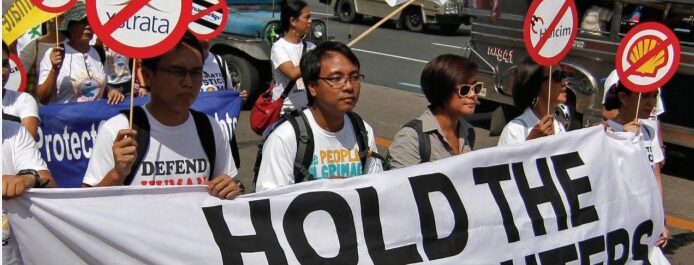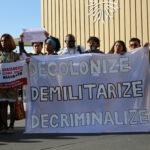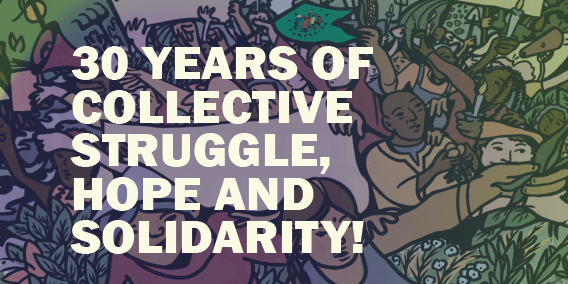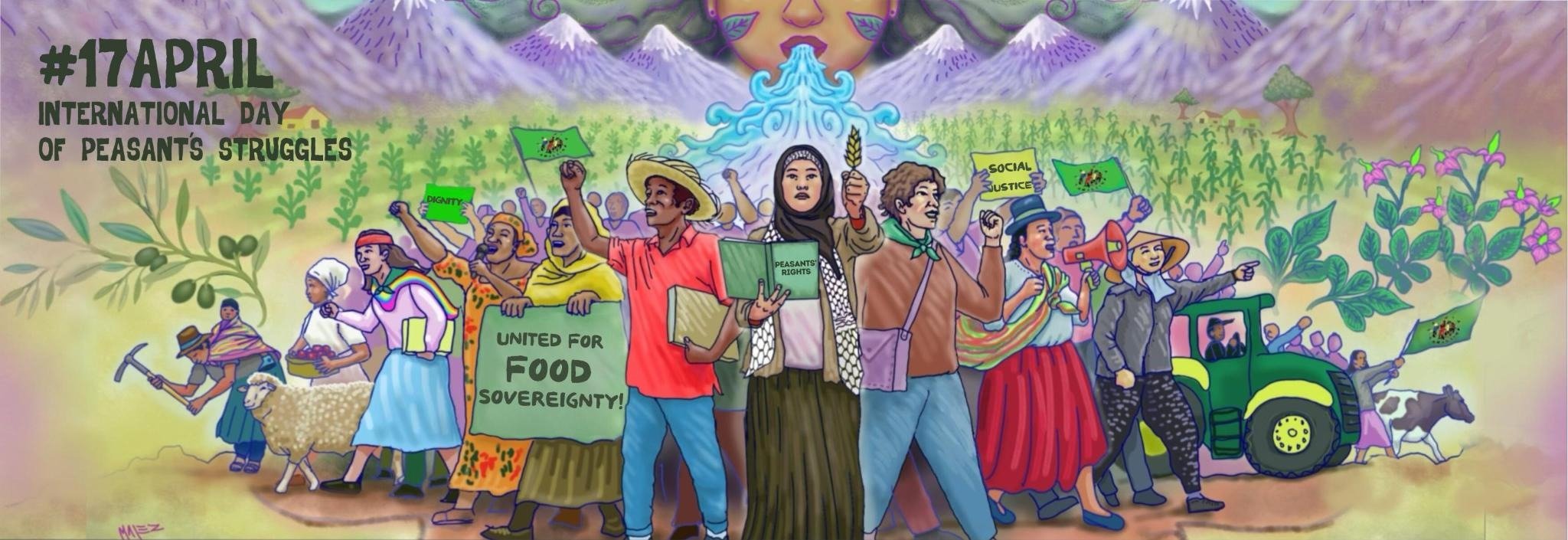Exposé of “net-zero” pledges uncovers grossly insufficient plans and the strategies polluting industries have used to lock in the ineffective schemes
BOSTON – In the midst of virtual discussions of the UN climate treaty, a new report shines a light on how polluting industries are pushing a “net zero” agenda to become the presumed centerpiece of global climate plans and how the details in these plans (should any be included) delay action and don’t add up.
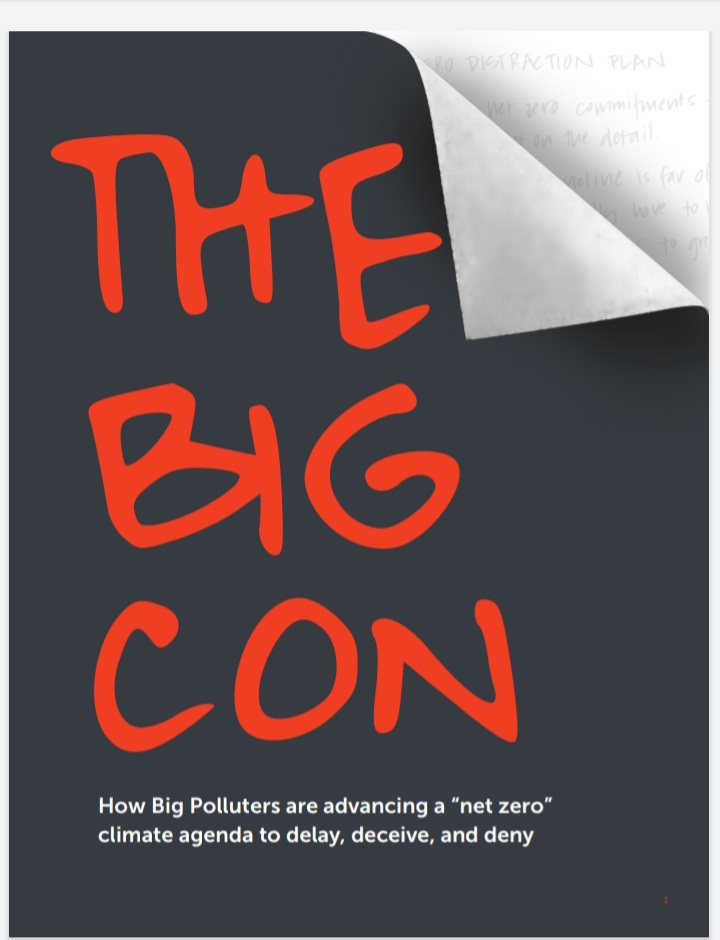
The report, entitled, “The Big Con: How Big Polluters are advancing a “net zero” climate agenda to delay, deceive, and deny,” comes following a year packed with record announcements of “net zero” pledges from corporations and governments, and builds on a growing body of research that calls the integrity of “net zero” as a political goal into serious question. As more and more “net zero” plans have been rolled out, the scientific, academic and activist communities have all raised grave concerns about the inability of these plans to achieve the commitments of the Paris Agreement and keep global temperature rise to below 1.5 degrees Celsius.
The report, written by Corporate Accountability, The Global Forest Coalition and Friends of the Earth International, was endorsed by over sixty environmental organizations including ActionAid International, OilWatch, Third World Network, and the Institute for Policy Studies.
“The Big Con” joins a series of recent reports in uncovering the dubious arithmetic, vague targets and often unachievable technological aspirations of these “net zero” plans, analyzing plans from a number of key polluting industries including the fossil fuel and energy, aviation, technology, retail, finance, and agriculture industries. It also includes an in-depth look at some of the strategies these industries have deployed to ensure their “net zero” agenda becomes the primary dogma of the global response to the climate crisis.
Some of the key findings highlighted in the report include:
The Tactics:
- Big Polluters, including the aviation and fossil fuel industries lobbied massively to help ensure the passage of a tax credit in the US, called 45Q, that subsidizes carbon capture and storage. Those same corporations are likely to have raked in millions from the credit, despite not having the right systems in place to qualify.
- The International Emissions Trading Association, perhaps the largest global lobbyist on market and offsets (both pillars of polluters’ “net zero” climate plans”) has leveraged its outsized presence at international climate talks to advance its agenda over others.
- Corporations have made massive financial contributions to renowned academic institutions including the Massachusetts Institute for Technology, Princeton University, Stanford University and Imperial College London to shape and influence the type of “net zero” related research these institutions pursue.
- In one example, Exxon Mobil retained the right to formally review research before it is completed and in some cases to plant its own staff on project development teams at Stanford’s Global Climate and Energy Project.
The Plans:
- By 2030, Shell alone plans to purchase more offsets to compensate for its emissions every year than were available in the entire global voluntary carbon offset market capacity in 2019.
- Walmart’s climate plan entirely neglects its value chain emissions, which account for an estimated 95 percent of the corporation’s carbon footprint.
- Eni is planning on increasing its oil and gas production over the coming years, a feat that the corporation proposes to offset through reforestation schemes that have been described as fake forests.
- BlackRock, the world’s largest asset manager, has pledged to reach “net zero” emissions in its portfolio by 2050. But despite pledging in 2020 to sell off most of its fossil fuel shares “in the near future”, it still owns US$85 billion in coal assets due to a loophole in its policy.
- JBS’ commitment to eliminate deforestation in its supply chain by 2035 in effect means it will continue contributing to deforestation for the next 14 years (until 2035), instead of immediately ending the deforestation associated with its supply chain—arguably one of the most effective and quickest ways for JBS to decrease its emissions.
The report was/will be released in a press briefing at 12:30 Amsterdam time during the virtual discussions of the United Nations Framework Convention on Climate Change (UNFCCC). UN Secretary General and the COP presidency, who are organizers of the next milestone in the UNFCCC process COP26, have already made “net zero” a primary focus despite a number of recent controversies including the recent backlash against Mark Carney’s initiative.
To join the press briefing on June 9, 2021 at 12:30 Amsterdam time, visit the UNFCCC webcast portal. If you’re registered, please see this guide for instructions on how to join. If you’re not registered, visit the webcast portal and click the link under “press conferences” for June 9.


